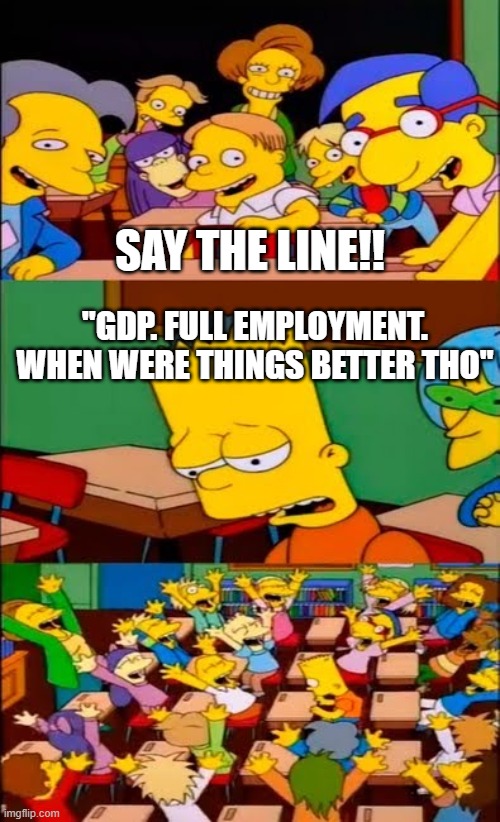- Joined
- Oct 13, 2014
- Messages
- 2,512
- Reaction score
- 1,245
I don't think that demonstrates anything. You're restating your point without adding justification. Within your admission that inequality isn't everything lies the hole in your assertion.Wealth/income inequality is a massively important macro-economic indicator that has far reaching impacts on the overall health of an economy. No, it isn't everything. But it goes to demonstrate how absurd your claim is that things are good right now, while economic inequality has literally surpassed that of the Gilded age.
I could turn that around and say that by comparing the US to the rest of the developed world you're expanding the argument to a point where you win. You being unhappy with the progress the US has made doesn't justify asserting that the US is sliding backwards. You want more, and that's fine. You can still acknowledge that the average life in the US is better now than before.Do you know how many people die in the rest of the developed world because they're too poor to afford healthcare? Zero or near zero. If you only want to compare America against itself on this issue, then you're reducing the argument to a point where you win. But that's not what I do - I compare America against its peers. No one should be dying because they can't afford healthcare in the wealthiest nation in the history of mankind.
Another non-response, reasserting your claim without taking into account what I'm saying.Actually, it's an anecdote that perfectly demonstrates the plight of the American middle class in 2023, and its an anecdote that is supported in the economic data - wages in this country have been flat for 50 years, while the relative costs of the most important things in life (healthcare, housing, childcare, education) have exploded out of control.
Bullshit GDP doesn't matter. It's the baseline tool for measuring the wealthiness of a nation, and substantial increases in it are generally very meaningful. The fantasy you're describing with Musk making 5 trillion out of thin air isn't how it works: if he were to make that kind of money it would be through employing an extreme number of people and creating an unfathomable amount of goods that people would buy, putting both money in peoples' hands through salaries and useful things for others to purchase. That's why low unemployment is a key thing to keep in mind, and is what would sink your hypothetical here.GDP being up does not matter. It's about how that wealth is being distributed. If tomorrow, Elon Musk makes 5 trillion dollars and stores it in the Cayman islands, what does it matter? OMG GDP is up 5 trillion dollars?! Why aren't you happy? Oh, because that 5 trillion dollars didn't do anything for anyone. All it is is a big number. That's an extreme theoretical but it demonstrates what is happening in this economy. Virtually all of the GDP gains are concentrated into the hands of a tiny few, who horde that wealth.
Liberal gaslighting is insane man. The economic indicators are overwhelming - childcare costs, housing costs, wealth inequality surpassing the gilded age, average savings, and you're like completely unable to understand what I'm even saying.
I posted economic data earlier in this thread showing that the number of adults in the US earning a middle income, dropped from 60% in 1971 to just under 50% in 2015. Are you going to again come back and say "but when were things better???"
Finally, the middle income thing. A middle income 50 years ago was not the same as it is today. $40k yearly is a reasonable figure today, but would be a fantastic salary 50 years ago. Not to mention we have goods and services available today that weren't 5 decades ago: they can sure be expensive, but things that simply didn't exist before would be infinitely expensive in virtual terms. I'm going to take a guess that you aren't 70 years old (I'm not). My suspicion is that relative rate of suffering 50 years ago would be much higher than today, and I'd be very impressed with meaningful stats that could prove otherwise.
Tagging @Jack V Savage for feedback in case I got something wrong.





